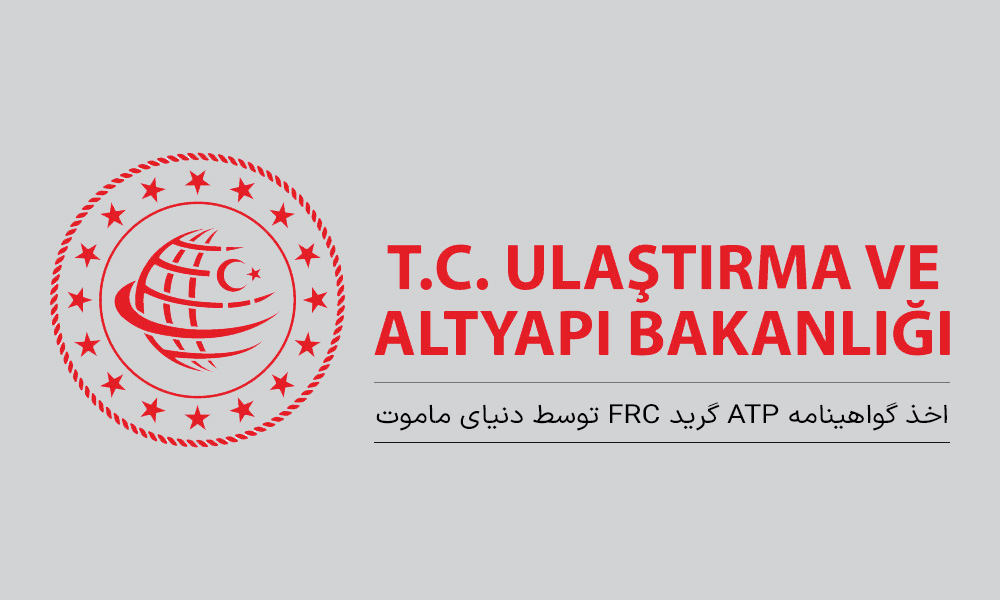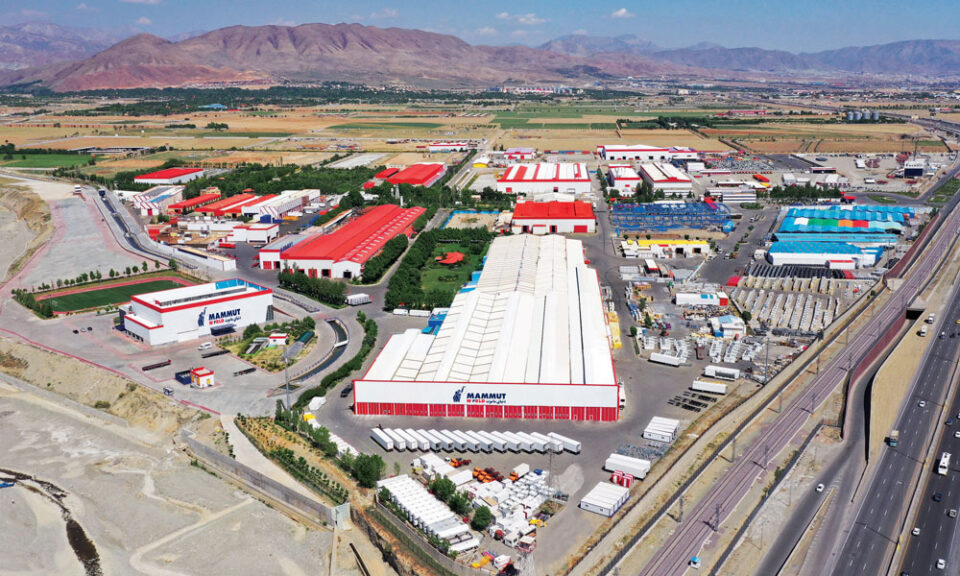
Mammut World Refrigerated Semi-Trailer with Movable Partition (Multi-Temperature) + ED Coating Technology
2025-02-04
Fuel level indicator in the tank, introduced for the first time in Mammut World refrigerated semi-trailers
2025-02-05What is the ATP agreement?
In 1970, at the request of European countries, it was decided to establish the ATP agreement to define specific standards for the transportation of perishable food products that are sensitive to temperature fluctuations and require specialized equipment, such as refrigeration units or eutectic plates. To date, more than 45 countries have become signatories to this agreement. The primary objective of the ATP certificate is to regulate the use of specialized equipment for temperature control in the transportation of perishable goods. This certification is mandatory for international refrigerated transport within Europe.
Obtaining the ATP FRC Grade Certificate by Mammut World
Mammut World, a pioneer in the trailer manufacturing industry, has pursued this goal as a key focus in its product research and development program. Recently, it became the first company in Iran to obtain this certification.
The certifications were granted following specialized tests conducted using advanced technological equipment and sensors, under the supervision of the Turkish Standards Institution (TSE) and with validation from the production lines of this company. The results led to the attainment of the FRC classification under the ATP framework. The FRC group, in the classification of this standard, is recognized as the most prominent and highest quality category for perishable goods, aligning with European manufacturers in this achievement.
This reality allows the food industry to benefit from global seasonal changes in food production. Thus, during the winter months, countries in the Southern Hemisphere can export food to the Northern Hemisphere, while in the summer months (although at much lower volumes). The importance of this issue becomes even more significant as the quality of food reaching consumers is not only economically important but also crucial from a public health and safety perspective.
Obtaining this certification will result in major advantages, including:
1) Ensuring food safety in the transportation of perishable goods within the country.
2) Ensuring food safety in the transportation of perishable goods in cross-border transportation.
3) Allowing the movement of refrigerated trailer product holders for the export and transportation of perishable goods to European Convention member countries, which has been identified as one of the main concerns of customers.
4) Increasing the added value of the product – refrigerated semi-trailers.
5) Ensuring product quality standards for the logistics and transportation industries.



